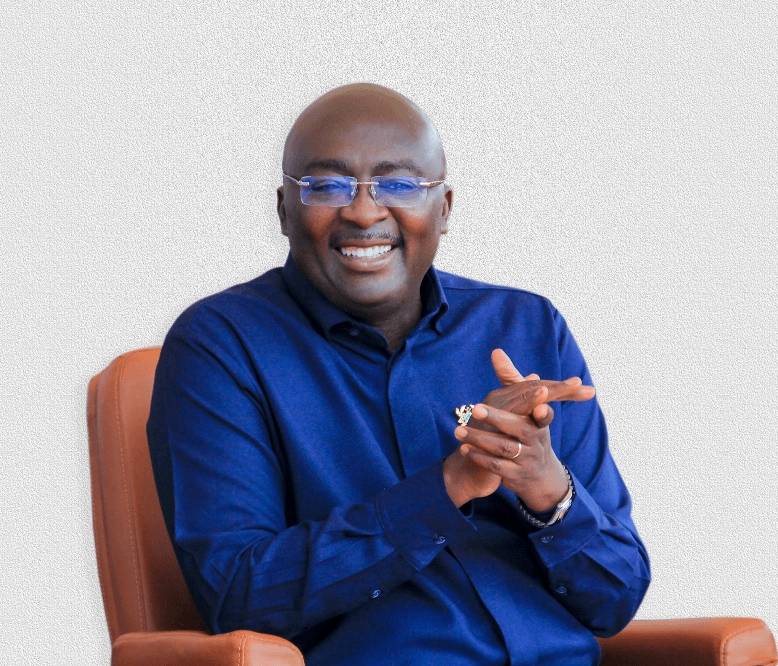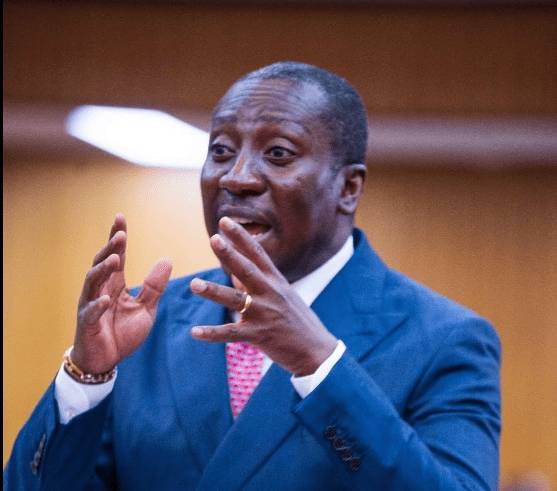The political climate in Ghana's Parliament has grown increasingly tense as Alexander Afenyo-Markin, the Majority Leader, accuses Speaker Alban Bagbin of treating the legislative body as his "personal property." This sharp criticism emerged after Bagbin declined a request from the Majority Caucus to reconvene Parliament ahead of the December 7 elections, despite their claims of urgent national matters requiring attention.
Afenyo-Markin expressed frustration, stating, “I cannot force him... if he shuts the doors, it’s up to him,†while vowing to pursue constitutional remedies to address what the governing New Patriotic Party (NPP) perceives as a pattern of unilateral and partisan decision-making by the Speaker. This conflict is rooted in Bagbin’s controversial decision to declare four parliamentary seats vacant—three held by NPP members and one by a National Democratic Congress (NDC) member—after the incumbents chose to contest as independents. The Supreme Court later ruled Bagbin’s actions unconstitutional, intensifying the NPP's dissatisfaction.
Bagbin’s refusal to reconvene Parliament has deepened the rift. He justified his decision by citing the need for MPs to focus on their electoral campaigns, asserting that parliamentary business can resume post-elections. However, the NPP argues that critical legislative issues, including the approval of funding for national projects and deliberations on pressing governance challenges, cannot wait. Afenyo-Markin accused Bagbin of undermining democratic norms and prioritizing the interests of the opposition NDC over the nation’s welfare.
The Majority Leader also warned that Bagbin’s actions could erode public confidence in the parliamentary system, calling for measures to uphold the integrity of governance processes. This standoff has highlighted deeper concerns about partisanship in Ghana’s Parliament, as the Speaker, traditionally a neutral figure, has faced accusations of favoring his party, the NDC.
As Ghana approaches its pivotal elections, the ongoing clash between the Speaker and the Majority raises broader questions about the balance of power and accountability in the country’s political institutions. Observers worry that the stalemate may not only impact legislative efficiency but also exacerbate existing political divisions, potentially influencing voter perceptions and electoral outcomes.
This unfolding drama underscores the importance of fostering dialogue and cooperation within Parliament to ensure that national interests take precedence over partisan agendas. With elections on the horizon, the stakes for both the NPP and NDC remain high, as their actions in Parliament could significantly shape public opinion.




No comments yet
Be the first to share your thoughts!